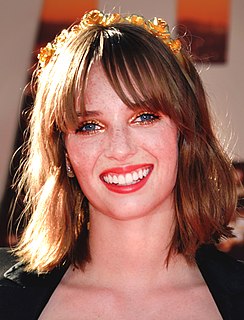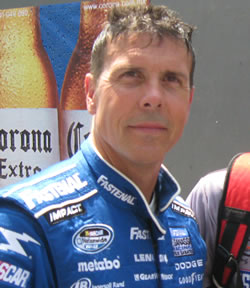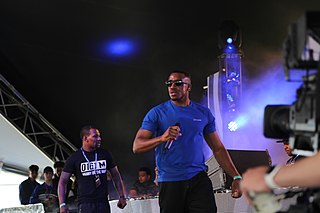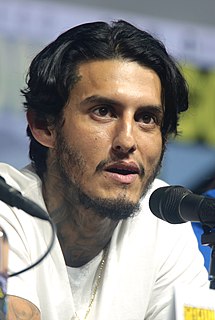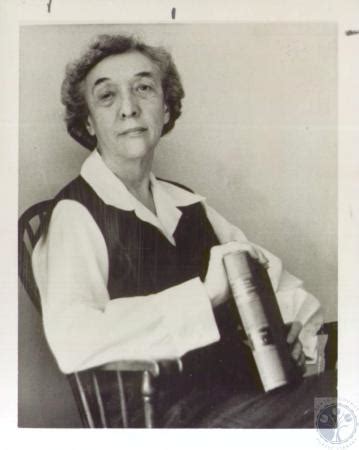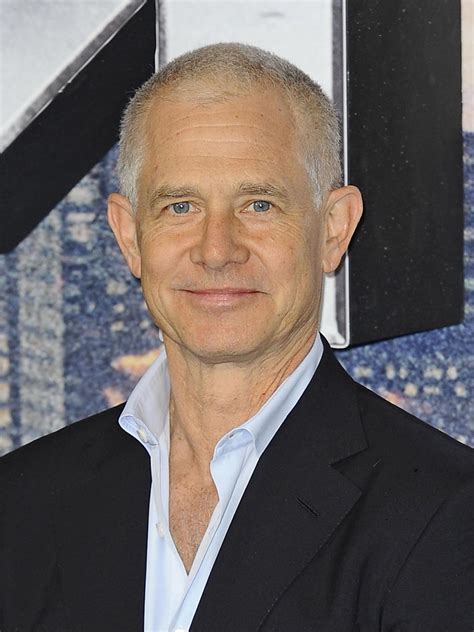A Quote by Maya Hawke
You want to put out good vibes for the viewers, even if so many stories that have to be told and that need to be told have a lot of darkness in them, because the world has a lot of darkness in it.
Related Quotes
One day he said, "I'll tell this town How it feels to be an unfunny clown." And he told them all why he looked so sad, And he told them all why he felt so bad. He told of Pain and Rain and Cold, He told of Darkness in his soul, And after he finished his tale of woe, Did everyone cry? Oh no, no, no, They laughed until they shook the trees... And while the world laughed outside. Cloony the Clown sat down and cried.
A lot of my family weren't present when I was young, so I was getting a lot of stories told to me about them. Certain members of family had reputations because they were involved in crime and stuff like that. Then, when I was out on the streets, I'd be hearing more stories about them. So I think my whole upbringing was just heavily story-oriented.
There's so many ways to be a voice and that's what I'm figuring out. Being an artist, being an actor, it's about telling stories that could heal, that could open up discussion that could make the community better. There are many (Latino) stories that need to be told and haven't been told right. If I could help be that voice then that's what I'm going to do, because this is a reality for me.
William Shakespeare was the most remarkable storyteller that the world has ever known. Homer told of adventure and men at war, Sophocles and Tolstoy told of tragedies and of people in trouble. Terence and Mark Twain told cosmic stories, Dickens told melodramatic ones, Plutarch told histories and Hans Christian Andersen told fairy tales. But Shakespeare told every kind of story – comedy, tragedy, history, melodrama, adventure, love stories and fairy tales – and each of them so well that they have become immortal. In all the world of storytelling he has become the greatest name.
I see a lot of people who have amazing stories but have been told that their work, their lives, and their stories and not the stuff of literature. Or they're first-generation college student, first-generation American, and their family just doesn't understand the art world. They have a lot of guilt. "We came all the way from [wherever] so you could do this?" Those people may not be showing the moxie, but that's because they don't even know what's possible. So I want to jump in and say, "Actually, your story is amazing, and I believe in you.".
There are so many stories that need to be told and are not being told. We tend to want to put things in boxes: "This is a memoir about a Muslim," or "This is a memoir about a woman or a normal personal." There's a certain story that assumes to be universal. Everyone else is ethnic fiction. Anyone can aspire to universality.
How forthright does the audience want the broadcasters to be? Because when you tell your truth, there's a lot of anger that comes out. I think it's a good question to ask TV people [executives] too. How much truth do they want to be told? How much truth does the league want told? Because the truth isn't just a positive truth. If you're going to tell the truth, you would be telling a lot of positive and some negative.
There are five dark matters and five lamps. Love of this world is darkness, and the fear of Allaah is its lamp. Sin is darkness, and its lamp is repentance. The grave is darkness, and its lamp is 'none has the right to be worshipped but Allaah, and Muhammad is the messenger of Allaah.' The hereafter is darkness, and its lamp is the good deed. The Siraat is darkness, and its lamp is certainty of faith.
It's like in the great stories, Mr. Frodo. The ones that really mattered. Full of darkness and danger, they were. And sometimes you didn't want to know the end. Because how could the end be happy? How could the world go back to the way it was when so much bad had happened? But in the end, it's only a passing thing, this shadow. Even darkness must pass.
I think the key for us is really letting the stories we feel are best told to kind of dictate where we go. When we find a story we really believe is one that should be told, how do we best tell it and you know what do we need to tell that story most effectively? I think to the good, the universe is such that there are a lot of options, there a lot of opportunities. So that's kind of what's guiding us.
